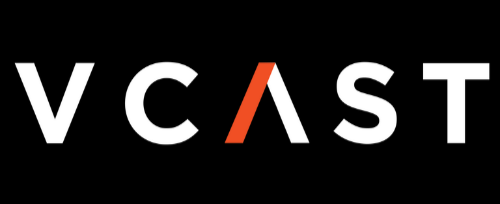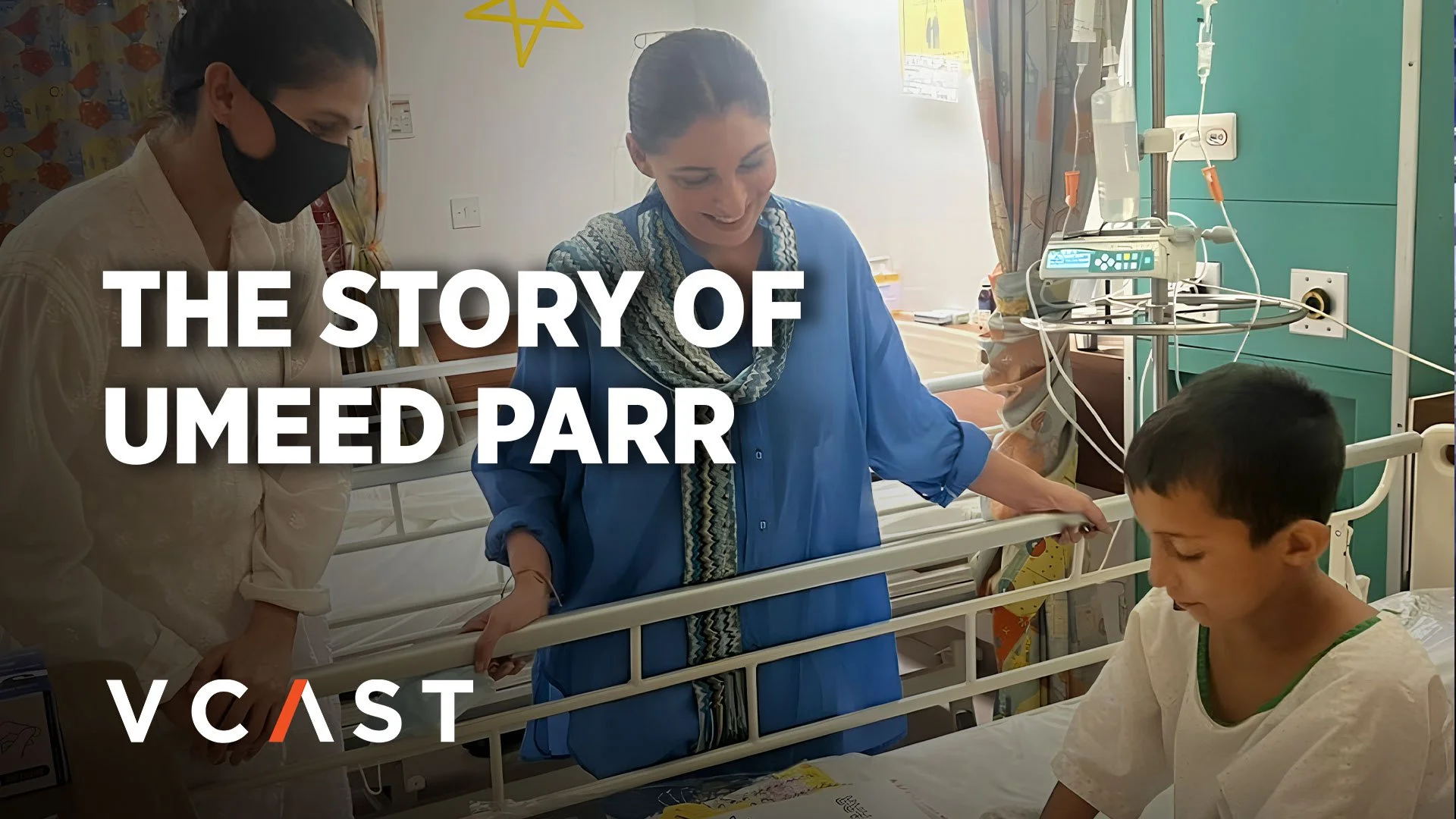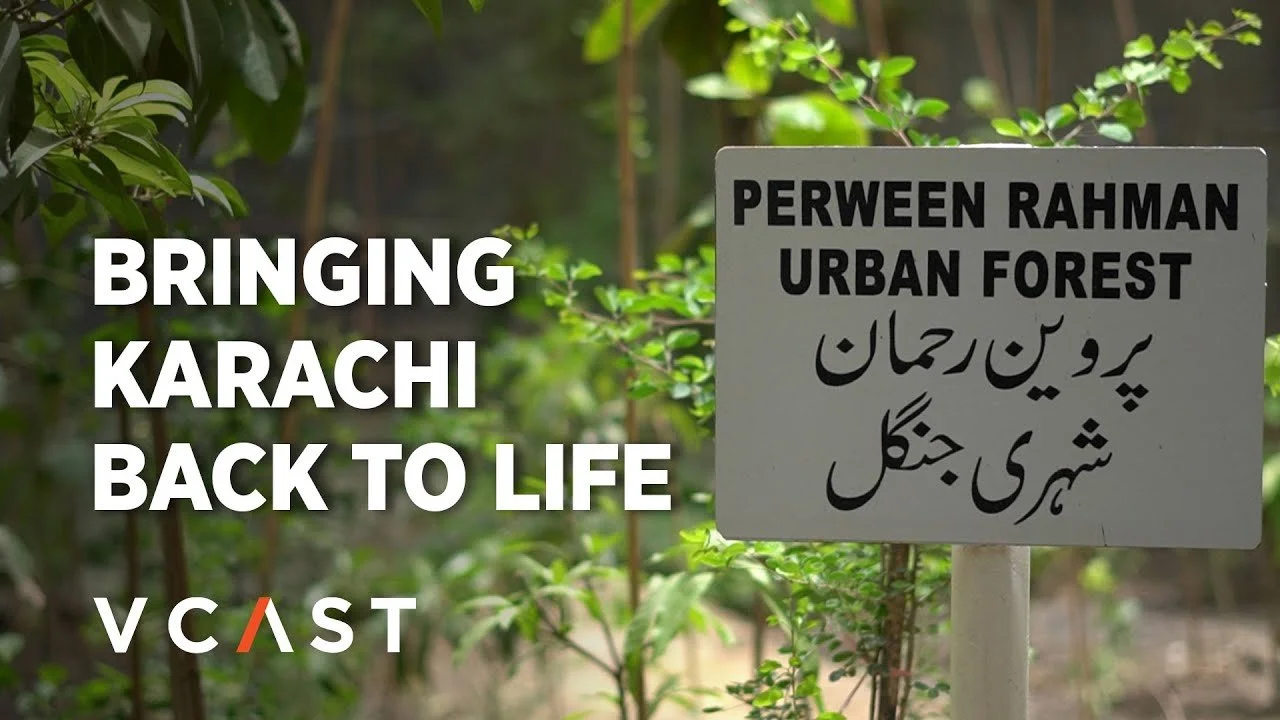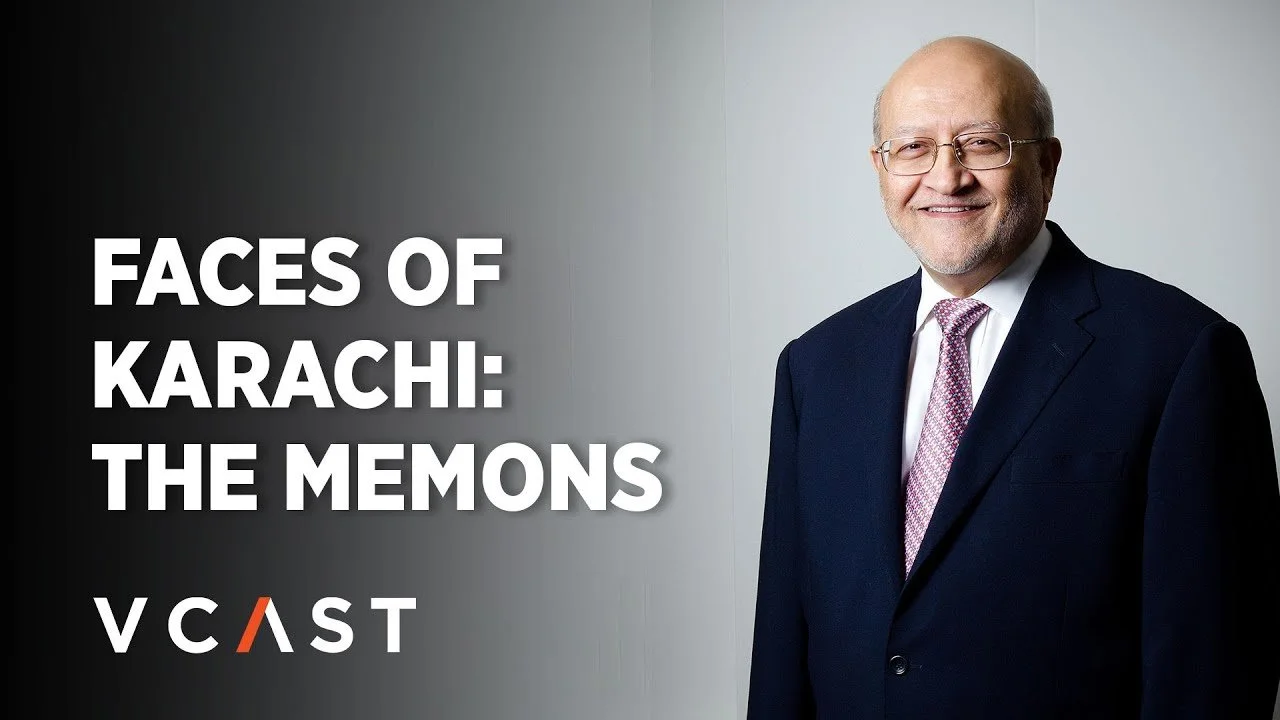The story behind SIUT and Pakistan's national treasure: Dr Adeeb Rizvi
“The future of SIUT is very bright. You know why? It is not run by one person. This institution is run by the people who are working here, and so the death of one or two or three persons doesn’t mean anything,” says Dr. Adeeb Rizvi, Founder of SIUT.
With his colleagues, he established the Sindh Institute of Urology and Transplantation (SIUT), where cutting-edge medical care is offered free of cost to those who cannot afford it. It is the largest urology, nephrology and transplantation facility in Pakistan, and as of 2019, his team had conducted about 1000 dialysis procedures a day and performed over 5,800 transplants.
In this interview, Dr. Adeeb Rizvi shares a powerful reflection on how simply seeing a problem is not enough. He emphasises the value of interpreting what we observe and creating real solutions. He also challenges the common belief that problems like hunger and poverty stem from laziness and personal failure. Instead of judging the poor, he beckons us to act—even something as small as giving a rupee can help uplift someone.
He also recalls his early motivations toward community service: before he became a doctor, he volunteered to bring patients from slums near DJ College in Karachi to Civil Hospital. He was not satisfied with how the patients were treated upon arrival, and the experience had a lasting impact on him. Later in medical college, he witnessed even more painful truths—patients dying alone as families vanished in search of money or failed to return with medicine they couldn’t afford.
Dr. Rizvi speaks of a universal philosophy: the belief that no one—regardless of caste, colour, creed, or religious belief—should be denied access to food, education, or healthcare simply because they are poor. He emphasises that this concept forms the foundation of SIUT. He takes pride in the fact that SIUT has never applied for foreign assistance through programs like PL-480, JICA, or any other international aid. According to him, the institute's vision, its supporters, and its roots are deeply embedded in the soil of Pakistan.
Dr. Rizvi shares that SIUT's expenses are rising alongside national price hikes, yet SIUT remains the only place in the region where patients receive free treatment with dignity at such a scale. He expresses optimism about the progress in Pakistan’s health sector but also voices concern that institutions like SIUT are only addressing the “tip of the iceberg." Approximately 60 to 70 percent of Pakistan’s population goes to bed hungry each night. In such circumstances, medicine becomes a luxury, and people are left with only two options: “pay or die.”
He further points out that the government alone cannot meet the country's healthcare needs. About 80% of the world’s population lives in developing nations, yet they have access to only 20% of global resources. This imbalance, combined with Pakistan’s debt surpassing its income, severely limits local public health services.
Dr. Rizvi also notes that thousands die in road accidents each week in Pakistan, yet their usable organs are buried with them. He advocates for normalizing organ donation, because if donated, these organs could save countless lives—hearts for those waiting, eyes for the blind, lungs for those who struggle to breathe. For him, the highest form of charity is serving humanity.
He quotes the Qur'an, Surah Al-Ma’idah: "He who saves a life, it is as if he has saved all of mankind.”
Dr. Rizvi has laid the foundation—now it is on us to carry it forward. How can Pakistan sustain and grow efforts like SIUT? Share your ideas and aspirations below.
This article was developed with the assistance of AI tools.




